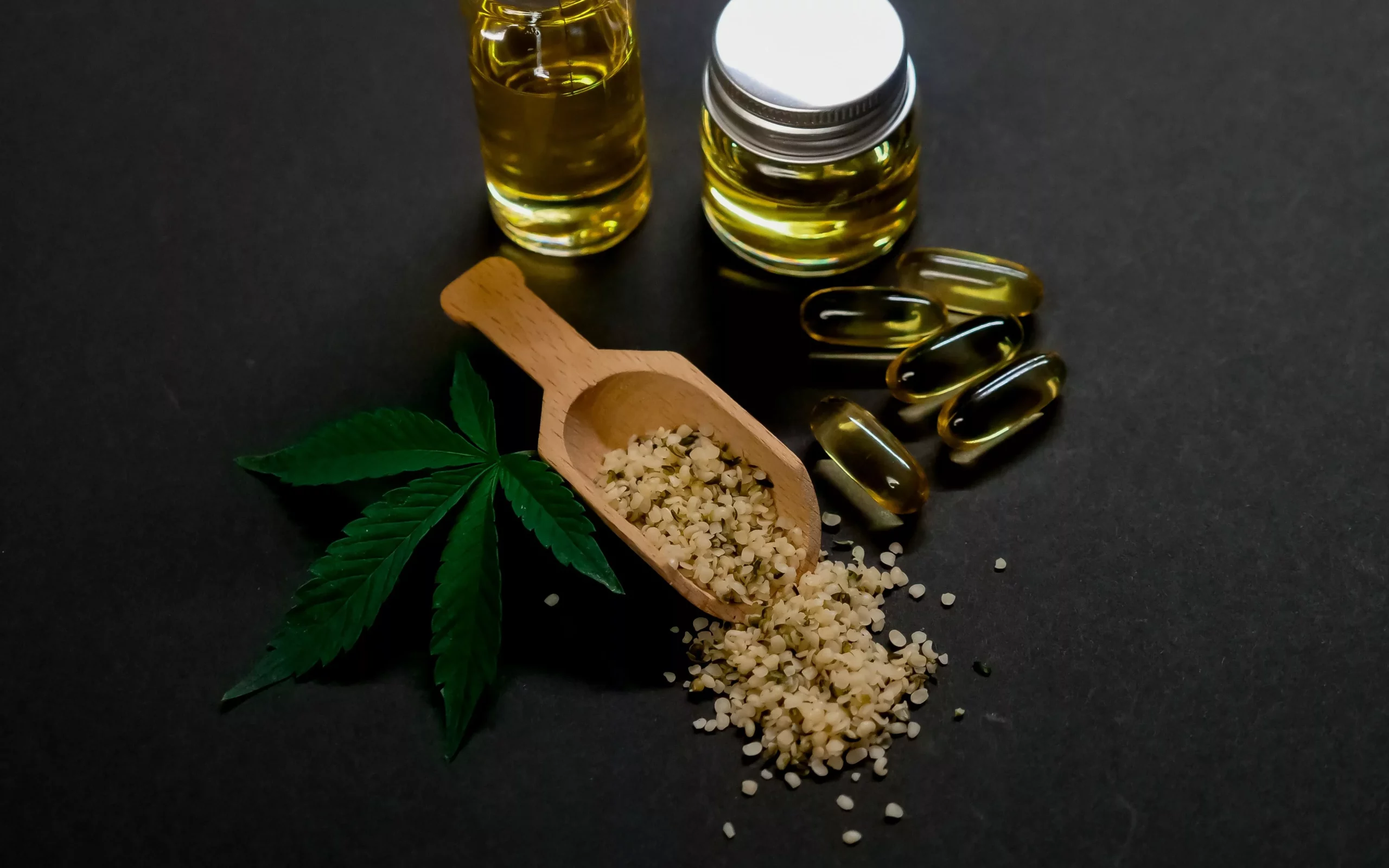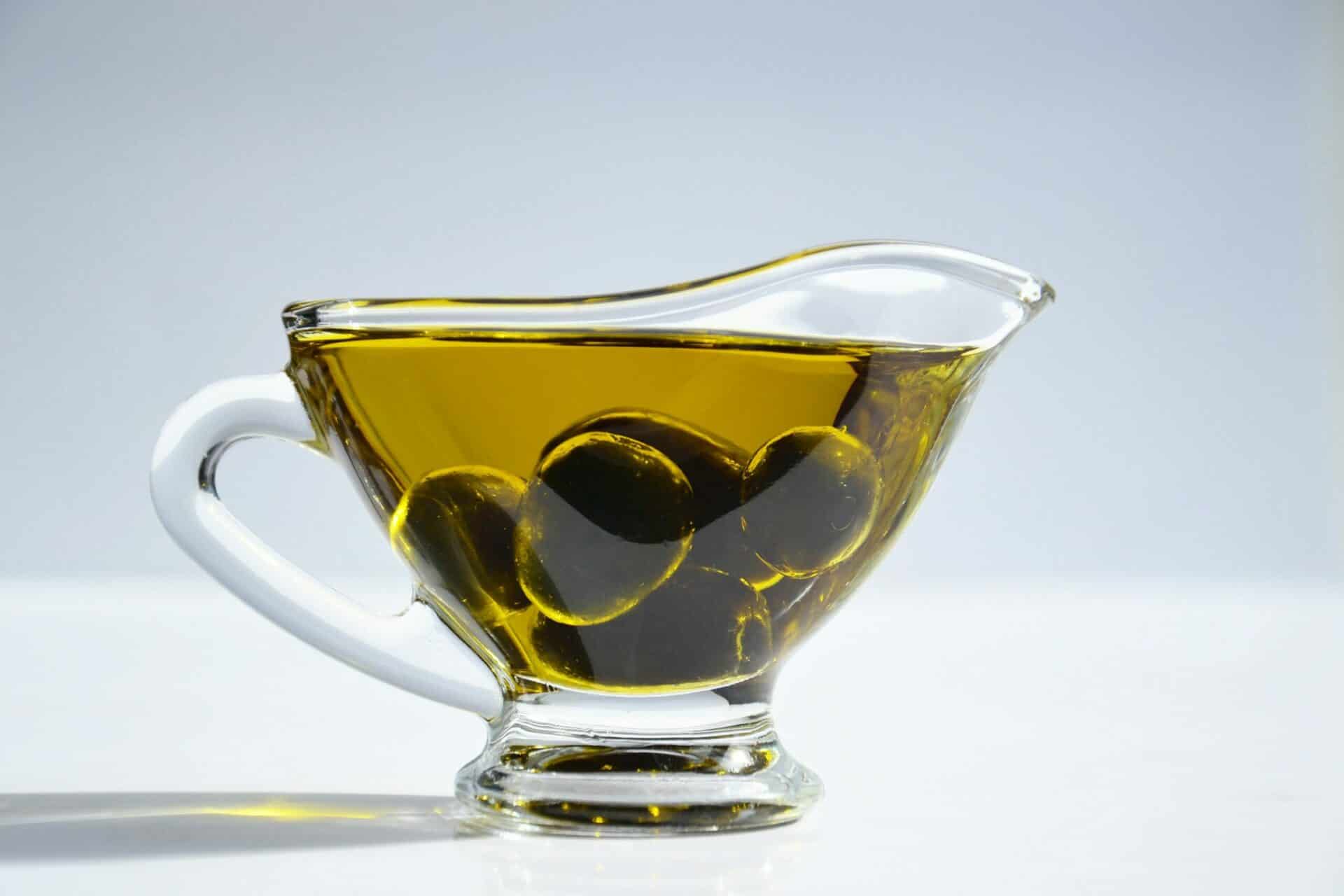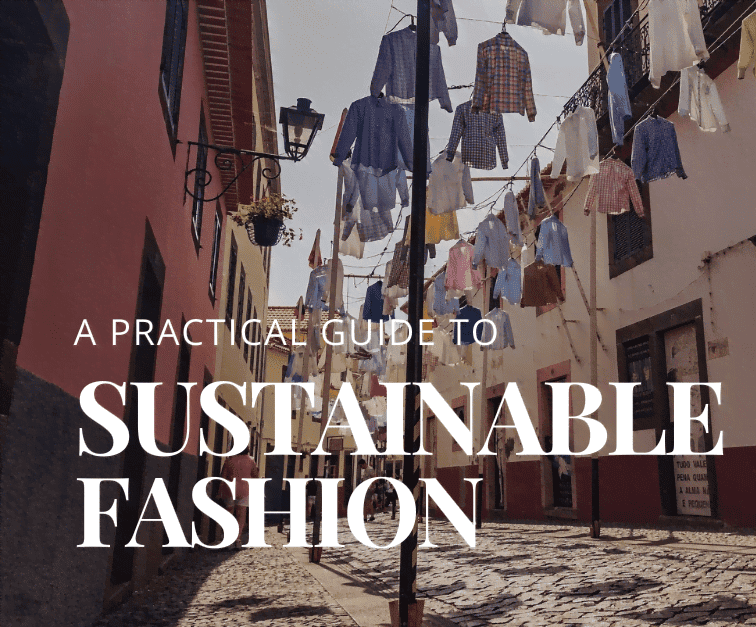Last Updated on June 7, 2024 by Jagriti Dixit
Grapeseed oil, derived from the humble grape seed, has become a staple in many households worldwide. Its versatility spans a range of applications, from culinary delights to beauty regimens. But as we delve deeper into the era of conscious consumerism, it’s essential to ask: What is the environmental cost of our beloved grapeseed oil?

Grapeseed Oil Production Process
The journey of grapeseed oil from vineyard to bottle is fascinating. It starts with the wine-making process. Once the grapes are pressed for wine, the seeds are left behind. These seeds then undergo a rigorous grapeseed oil production process. Cold pressing is the most eco-friendly method, but many manufacturers use chemical solvents for higher yields, which can be detrimental to the environment. The energy consumption, waste produced, and resources utilized during this process can accumulate a significant environmental footprint.

Environmental Concerns
Water, the elixir of life, plays a pivotal role in grapeseed oil production. Vineyards require vast amounts of water for grape cultivation. But the water usage doesn’t stop there. The extraction process, especially when chemical solvents are involved, demands even more water, leading to concerns about sustainability, especially in water-scarce regions.
The carbon footprint of grapeseed oil is another pressing issue. From the machinery used in extraction to the transportation of the finished product, every step consumes energy, releasing greenhouse gases into the atmosphere.
Furthermore, biodiversity suffers when vast tracts of land are converted into mono-cropped vineyards. This monoculture can lead to soil degradation and a decline in local flora and fauna. Pesticides and herbicides, often used in grape cultivation, can leach into the soil, harming beneficial microorganisms and seeping into water sources.
Top 10 Grapeseed Oil Alternatives
1. Olive Oil
Produced from olives, this oil is a staple in Mediterranean cuisine. When sourced from sustainable farms, it can be an eco-friendly option. Olive trees are drought-resistant, making them less water-intensive than some other crops.

2. Sunflower Oil
Derived from sunflower seeds, this oil has a mild flavor. Sunflowers are often grown in rotation with other crops, which can improve soil health and reduce pests without chemicals.

Want to read more like this?
Get similar stories and a free sustainability checklist delivered to your inbox.

Like our content?
Get similar stories and a free sustainability checklist delivered to your inbox.

3. Coconut Oil
Extracted from the meat of coconuts, this oil is versatile in both cooking and beauty applications. Ensure it’s sourced from sustainable farms to avoid contributing to deforestation.

4. Hemp Seed Oil
Produced from hemp seeds, this oil is rich in omega-3 and omega-6 fatty acids. Hemp plants are known to require little to no pesticides and return nutrients to the soil.

5. Flaxseed Oil
Derived from flax seeds, it’s a great source of omega-3 fatty acids. Flax plants are often used in crop rotation, which can enhance soil quality.

6. Avocado Oil
Extracted from avocados, this oil has a high smoke point, making it suitable for cooking. However, ensure it’s sourced from areas where water usage and deforestation are managed sustainably.

7. Safflower Oil
Produced from the seeds of the safflower plant, this oil is similar to sunflower oil in taste and appearance. Safflower plants are drought-tolerant and can be grown in arid regions.

8. Walnut Oil
Derived from walnuts, this oil is rich in antioxidants and omega-3 fatty acids. Walnut trees can act as carbon sinks, absorbing more carbon dioxide than they release.

9. Almond Oil
Extracted from almonds, this oil is commonly used in both culinary and cosmetic applications. Ensure it’s sourced from areas practicing sustainable water management, as almond cultivation can be water-intensive.

10. Camelina Oil
Produced from the seeds of the Camelina plant, this oil is gaining popularity due to its nutritional profile and the plant’s resilience in various soil conditions.

The Role of Consumers
Every purchase we make sends a message. As consumers become more informed, industries are forced to take note. The rise of conscious consumerism is not just a trend; it’s a movement. By understanding the intricacies of production, from the environmental footprint of cooking oils to the labor practices involved, consumers can make choices that align with their values.
Brands are now more transparent about their sourcing and production methods, and certifications like Fair Trade and Organic are becoming standard. This shift is a testament to the power consumers wield.
Conclusion
The journey to sustainability is complex. It requires a balance between meeting our needs and ensuring that the planet’s health isn’t compromised. Grapeseed oil, with its myriad benefits and challenges, exemplifies this journey. As we move forward, embracing sustainable practices, seeking alternatives, and making informed choices will pave the way for a greener, more harmonious coexistence with nature.
If you found our insights on grapeseed oil enlightening, dive deeper into our food blogs to uncover more about the environmental impact of foods and their eco-friendly alternatives. Discover more, eat responsibly!















